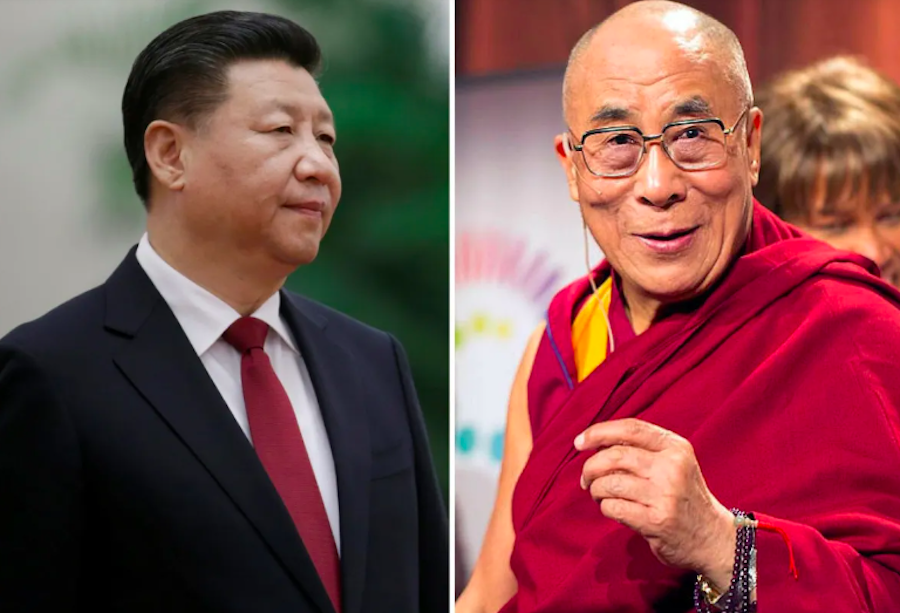BEIJING, March 10 – China defended its brand of economic development in Tibet on Monday as environmentally friendly and said critics of its rule of the Himalayan region simply wanted to restore the old feudal society.
In a 33-page policy document, the government outlined environmental initiatives it said had complemented development in Tibet since China’s Communists took control in 1951, establishing rule that has been lambasted by activists abroad.
“The Dalai clique and the international anti-China forces shut their eyes to the progress in the ecological improvement and environmental protection work in Tibet,” said the fifth such government document on the Himalayan region since 1992.
The real aim of critics, it said, was to sway public opinion to try and restore “backward feudal serfdom” under the Dalai Lama in Tibet and split China.
“Camouflaging themselves with pretensions of concern about eco-environmental protection in Tibet, they want really nothing but to hamper the social progress and modernisation of Tibet,” it said.
It also stressed the environmental merits of a 710-mile (1,140-km) railway under construction to link China’s western province of Qinghai to Tibet — a focus of activists who say the project will have huge social and environmental repercussions.
Activists say China is more intent on plundering Tibet’s natural resources for the good of growing numbers of Chinese moving to the region than for Tibetans, many of whom look to the Dalai Lama, their religious leader in exile.
The Dalai Lama advocates a non-violent struggle for autonomy from his base in India, where he fled along with thousands of followers in 1959.
Activists say Beijing-imposed economic development in Tibet over the past decades have wreaked havoc on the environment.
The policy document, which said China planned to invest more than 22 billion yuan ($2.7 billion) in more than 160 environmental projects in Tibet in the coming decades, said Tibet’s environment was sound and its water and atmosphere “basically unpolluted”. ($1=8.277 Yuan)









